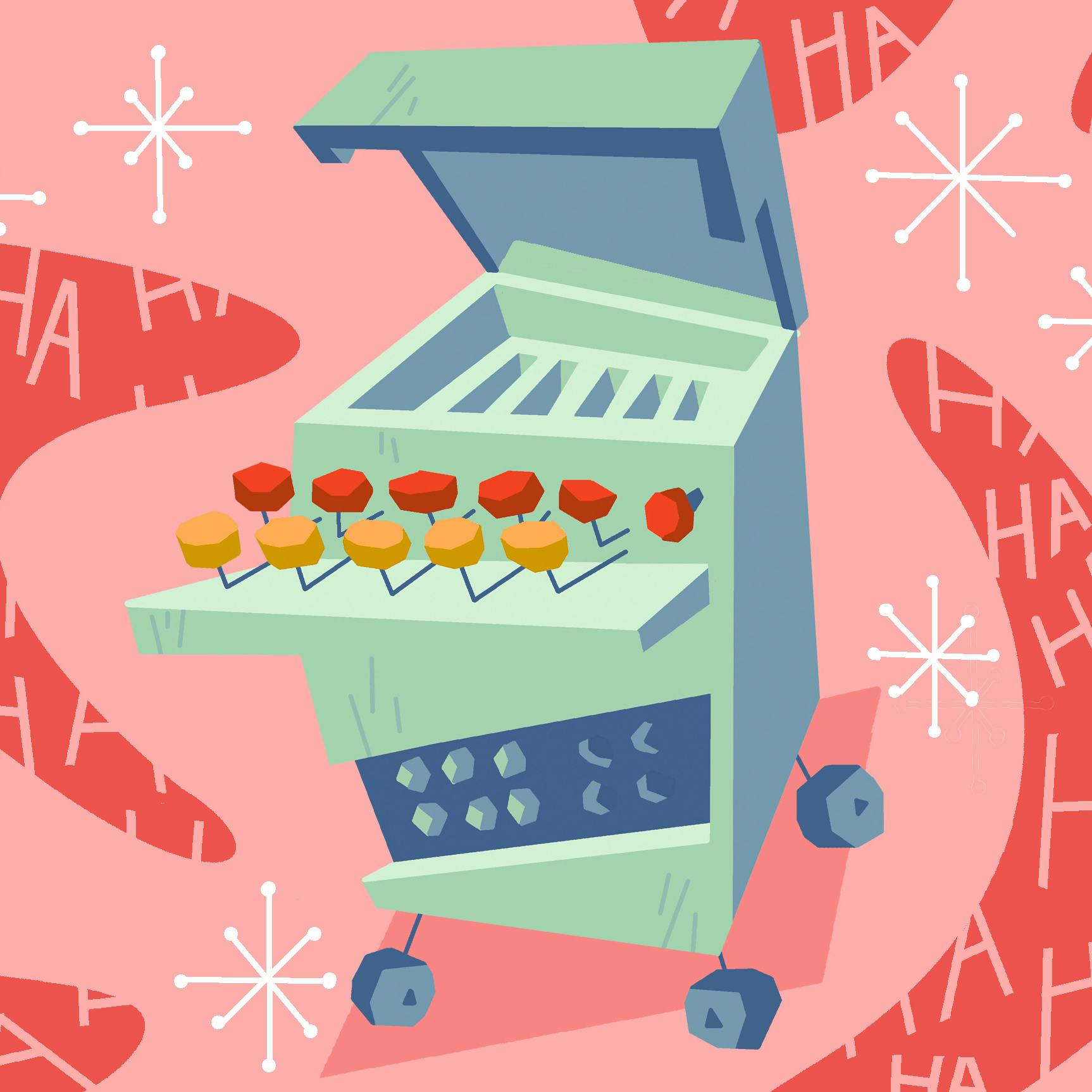
Deep Dive
- The laugh track's decline in popularity from the early 2000s
- The shift in comedic styles and audience expectations
Shownotes Transcript
Decoder Ring is marking its 100th episode this year. To celebrate, we’re revisiting our very first episode from 2018, which asks: What happened to the laugh track? For nearly five decades, the laugh track was ubiquitous, but beginning in the early 2000s, it fell out of sitcom fashion. What happened? How did we get from The Beverly Hillbillies to 30 Rock? In this episode we meet the man who created the laugh track, which originated as a homemade piece of technology, and trace that technology’s fall and the rise of a more modern idea about humor. With the help of historians, laugh track obsessives, the showrunners of One Day at a Time and the director of Sports Night, this episode asks if the laugh track was about something bigger than laughter.
You can read more in Willa’s article “The Man Who Perfected the Laugh Track)” in Slate.
Links and further reading on some of the things we discussed on the show:
-
__Interview with Ben Glenn II __)on the history of the laugh track in McSweeney’s
-
See a Charlie Douglas Laff Box) on Antiques Roadshow
-
More of Paul Iverson’s work) restoring laugh tracks and inserting them into new shows
-
__The sitcom __One Day at a Time)
-
Friends without a Laugh Track) by Sboss
-
-
__Tommy Schlamme and Aaron Sorkin’s __Sports Night)
This episode was written by Willa Paskin. It was produced and edited by Benjamin Frisch, who also created the episode art. Decoder Ring is produced by Katie Shepherd, Max Freedman, and our supervising producer Evan Chung.
If you have any cultural mysteries you want us to decode, email us at [email protected]), or leave a message on the Decoder RIng hotline at 347-460-7281. We love to hear any and all of your ideas for the show.
Want more Decoder Ring? Subscribe to Slate Plus to unlock exclusive bonus episodes. Plus, you’ll access ad-free listening across all your favorite Slate podcasts. Subscribe now on Apple Podcasts by clicking “Try Free” at the top of the Decoder Ring) show page. Or, visit slate.com/decoderplus) to get access wherever you listen.
Learn more about your ad choices. Visit megaphone.fm/adchoices)
